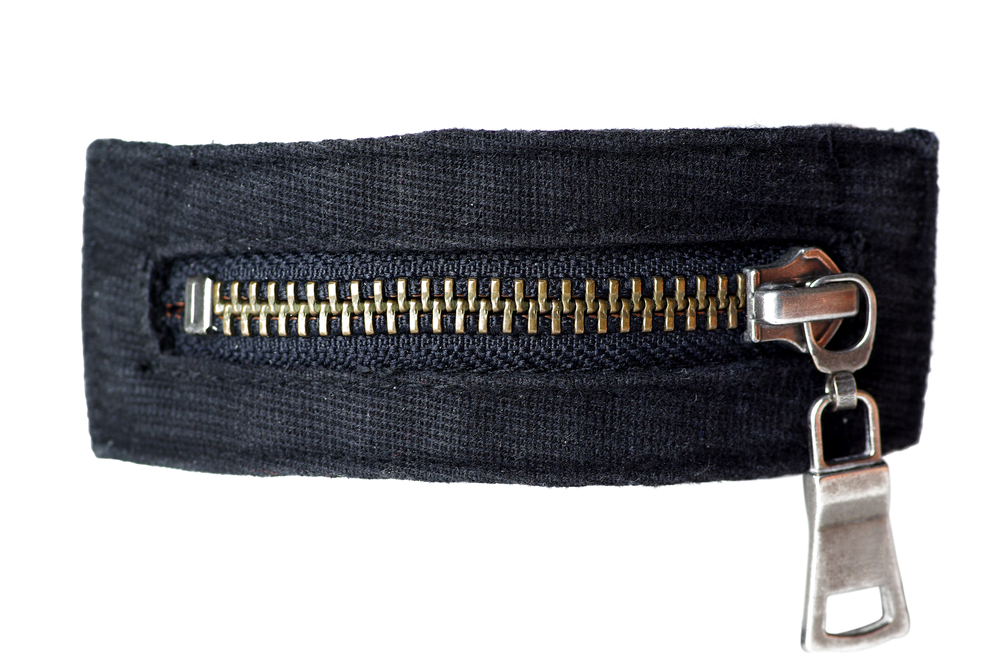No comment! The interview questions you can’t ask (and don’t have to answer).
As a creative industry, PR is known for being pretty liberal and, if not exactly laid back, it’s certainly not as formal or process-driven as other professions. In PR job interviews however there are still rules that must be obeyed to avoid breaking discrimination laws. Some of these rules are more subtle than you might think and what to your mind is simply a friendly enquiry could in fact be an illegal interview question.
Here’s our quick guide to what you can and can’t ask, and what you don’t have to answer.
Q1. What’s your sexual orientation?
Being straight, gay or bisexual has nothing to do with your ability to do a PR job so this one’s a definite no-no. And frankly, who cares anyway?
Q2. So, planning any buns in your oven?
Phrased slightly differently, this might seem a perfectly reasonable question to ask, for example, a 28-year old woman who’s about to get married. The problem is you could be accused of discriminating against her because you might assume a single, childless person would be more focused on work than their personal life.
Q3. Where is your family from originally?
In an increasingly multi-cultural city, exotic surnames are more and more common but you must not ask about a candidate’s ethnic origin or nationality as it could be construed as either positive or negative discrimination: positive if a company is looking to increase its diversity, negative if being from another country makes it less likely they’ll get hired. If the job requires a language skill or knowledge of a particular country you can ask about that, but only to identify that the candidate possesses the required skills. All candidates should be asked if they have the right to work in the UK and proof of this must be provided, but beyond that their country of origin is none of your beeswax.
Q4. How old are you?
Short of establishing that they are legally allowed to work, questions about age are verboten. If they turn up wearing school uniform and holding a teddy then you should probably check their mum knows they’re out, other than that it’s a no-go.
Q5. How many days off sick did you have last year?
Once a job offer has been made employers can ask health-related questions in order to establish that you are fit to work, but not before. While no-one wants to hire someone who call in sick all the time, if they suffered a one-off illness the year before they could be discriminated against on the basis of their unusually poor attendance, which would be unfair.
Q6. Are you married?
Married, single, divorced, polygamist, celibate – asking about someone’s relationship status can confer prejudice so you cannot ask about it. Some might think a married person would be more stable than a singleton, others that single people work more because they have no-one special in their lives except their cat – that’s discrimination, so no questions about this please.
Q7. What religion are you?
Whether you spend Sundays raising the roof at your local church, side with Tom Cruise and the Scientologists or if you think it’s all made up and causes nothing but strife – religious beliefs are a no-go area in an interview.
Q8. So, how did you pass the time in prison?
Unless it’s a regulatory requirement to disclose all criminal convictions (this mainly applies to senior positions in financial services and banking), once five years has elapsed most convictions are ‘spent’, which means potential employers don’t have to be informed about them. If the candidate in question has interesting tattoos and a ten year hole in their cv you might want to enquire about what they were doing between those dates. While the chances of this actually happening are slimmer than most of the people who work in fashion PR, it’s still worth being aware of.
What to do if you’re asked a banned question.
Asserting your right to plead the fifth amendment and remain silent might be a little too dramatic in an interview, and we’re on the wrong side of the pond for that one anyway. If a banned question comes up you need to avoid coming across as ‘shrieky’ while calmly deflecting the illegal enquiry. Try something along the lines of…
“Ooh I’m not sure you’re allowed to ask me that question – but whatever the answer it definitely wouldn’t affect my ability to do the job!” And SMILE!
Related Posts


